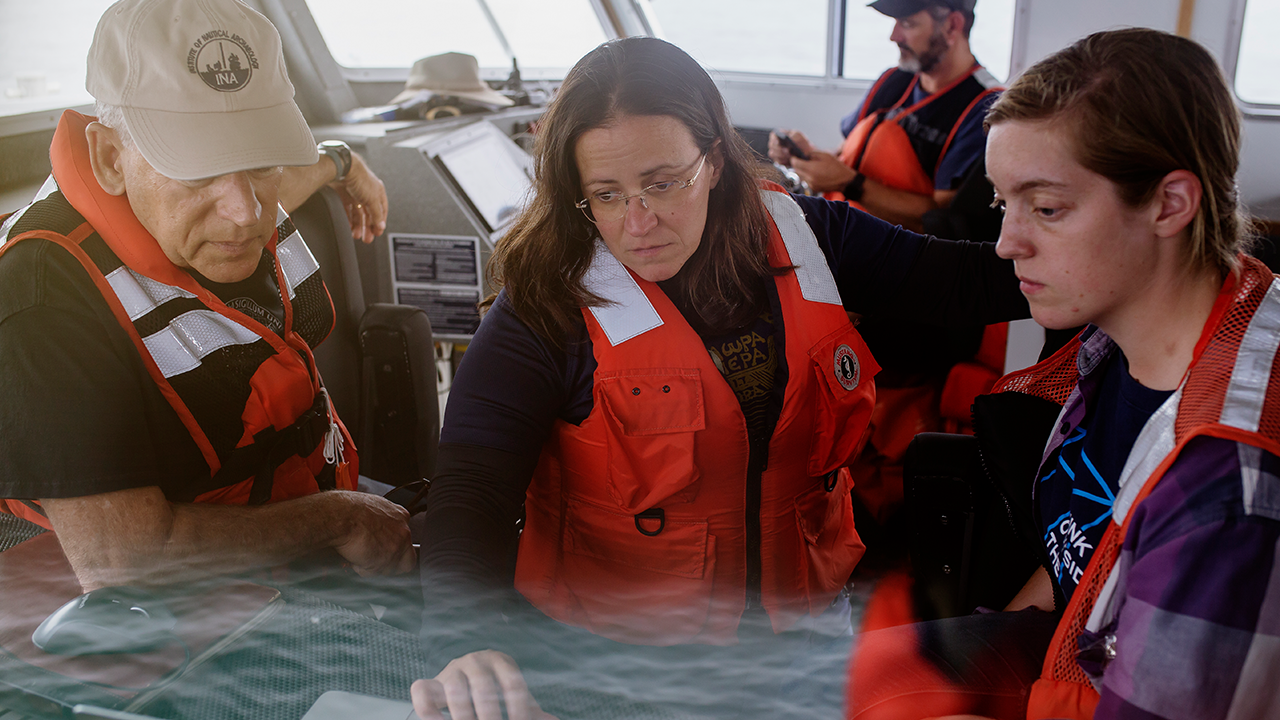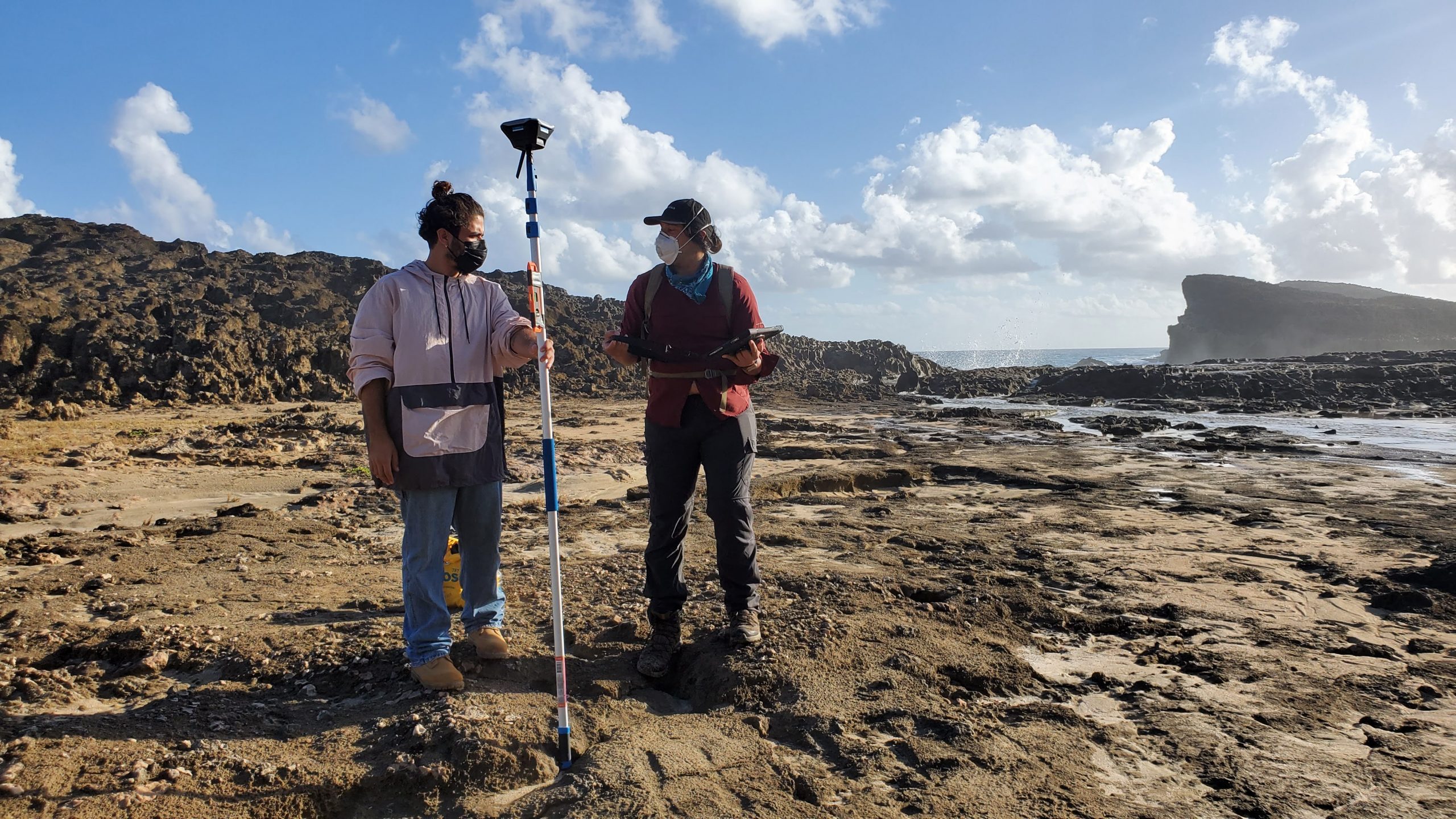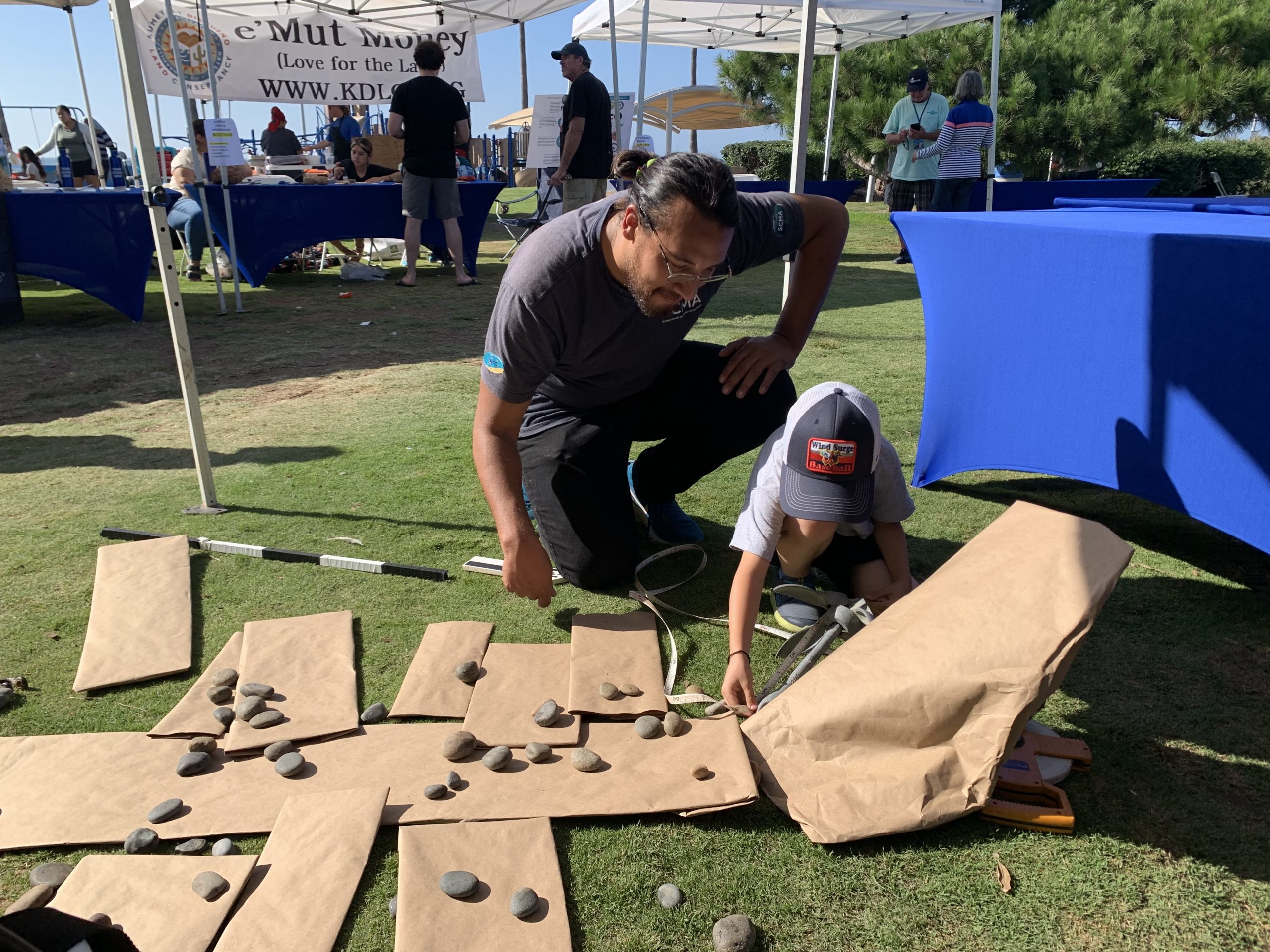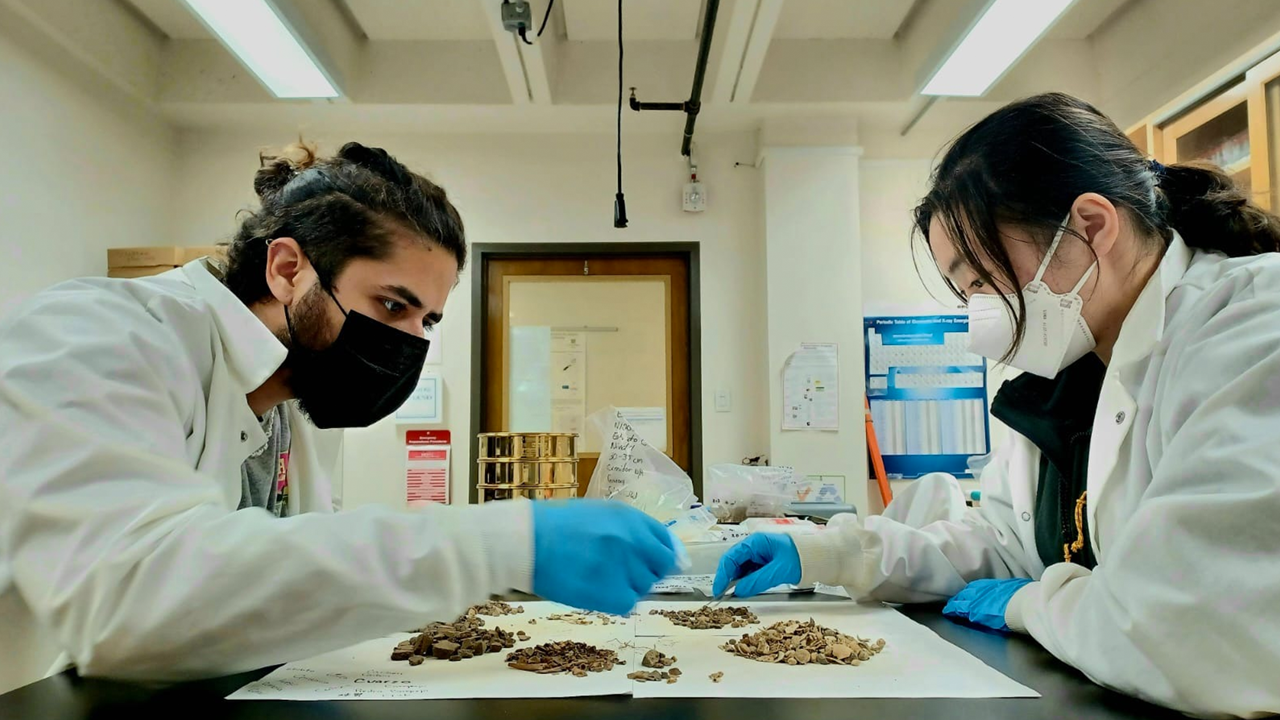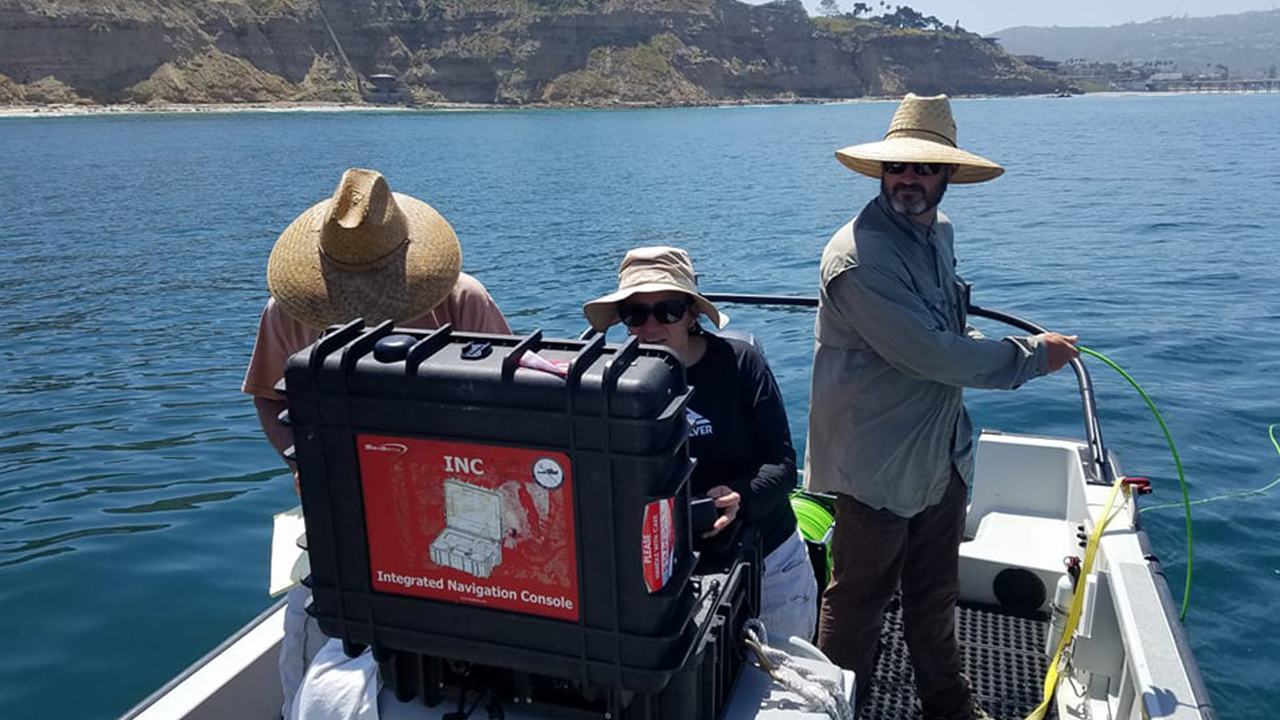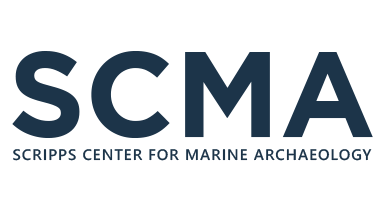ABOUT US
The Scripps Center for Marine Archaeology (SCMA) conducts research to study and understand the relationship between the marine environment and human societies. The center focuses on understanding the complexity of the past to put the present into context. SCMA, a joint effort between Scripps Institution of Oceanography (Scripps) and the Department of Anthropology at UC San Diego, draws on expertise in a wide range of fields including oceanography, acoustics, sedimentology, geomorphology, climate sciences, environmental sciences, anthropology and archaeology. The goal is to develop a greater understanding of maritime culture in its broadest sense.
BACKGROUND
Scripps Institution of Oceanography has more than a century-long tradition of marine studies, including on how humans interact with the marine environment. The faculty of UC San Diego’s Department of Anthropology and Scripps Institution of Oceanography have continued this tradition over the past few decades with workshops and discussions aimed at fostering marine archaeology on campus. SCMA was initially created in 2015 through the initiative of Scripps professor Walter Munk, who secured seed donations and approval to begin center operations. In 2016, Professors Tom Levy (Anthropology) and John Hildebrand (Scripps) were appointed as co-directors and explored new ways of structuring the center and its research agenda to ensure its sustainability. In 2022, Isabel Rivera-Collazo was appointed as the SCMA director and serves alongside Associate Directors Christian McDonald and Dominique Rissolo.
OUR MISSION
The Scripps Center for Marine Archaeology (SCMA) is an interdisciplinary center that focuses on understanding the relationship between the marine environments and human societies, exploring the complexity of the past as a means to contextualize the present. It is SCMA’s mission to investigate, understand and communicate the intersections, interactions and interconnections between people and the sea through time, seeking a holistic, interdisciplinary understanding of marine, coastal, and environmental archaeology. To forward this mission will serve as the central research authority and institutional platform for students and researchers working on understanding the relationship between people and the sea, climate and environments worldwide.
OUR VISION
The center envisions itself serving as the central research authority and institutional platform for students, faculty and other researchers working to understand the relationship between people and the sea, as well as climate and environments worldwide.
GOALS AND OBJECTIVES
We have four primary goals as research projects get under way. Those goals include:
- To establish a UC San Diego and Scripps Institution of Oceanography network of faculty and specialists to support SCMA.
- To establish seed activities focused on an interdisciplinary and holistic understanding of the relationship between people and the ocean / seas.
- To communicate the scientific understanding of that relationship for the benefit of society and the environment
- To establish SCMA as a research authority and institutional platform for students, faculty and other researchers.
To achieve these goals, the center aims to increase its visibility and secure public and private funding to support an ambitious research and education agenda. SCMA will also collaborate with SIO/UC San Diego engineers to develop technologies and methodologies for deep and shallow-water archaeological research, including underwater surveying, mapping, sampling and excavation. Through its grant programs and expeditions, the center will also provide field and other opportunities for SIO and UC San Diego students to do hands-on research related to marine archaeology as SCMA boosts the university’s level of marine and coastal archaeological research, education and publications.
